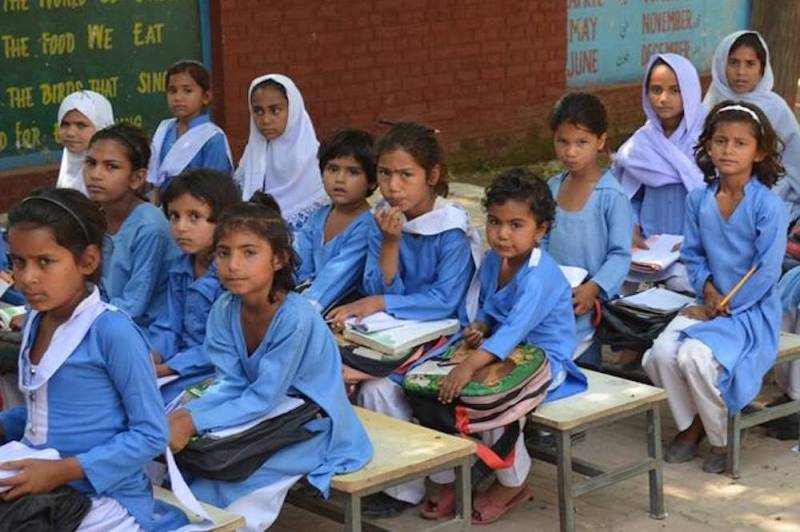
ISLAMABAD: Teachers can sow the seeds of tolerance in society, if they practice and preach the values of empathy which can open the students to divergent understanding of the same problem, producing a society that is more tolerant of differences and diversity, says a report.
It noted that the education system of any country should end social cleavages. Unfortunately, Pakistan’s system widens those differences, as different schooling systems cater to different segments of society and children are made to imbibe these.
The report, however, warns that whenever authorities speak of ending those differences, they tend to speak of a “uniform” education system, by which they mean centralising the system. This is not the way out as diversity should be upheld.
What is required is a proper understanding of what is allowed in terms of diversity in education, and what is not, the report noted and added, “Our debates are in black and white terms.”
These are some of the findings of the “Academic and Intellectual Dialogue on Social Harmony, Tolerance and Education”, a study by Pak Institute for Peace Studies (PIPS), an Islamabad-based think tank. These are based upon on six dialogues held with the teachers of higher secondary school and colleges from all over the country.
It stressed the need for developing the power of reasoning in students by equipping them with the ability of questioning. Unfortunately, students are discouraged from questioning the conventional norms, the report said.
It also called for teaching the students how to conduct dialogue and learning from each other.
“The culture of interaction in universities has declined. Universities promote ideas, but that is missing now. Collectively, this has led to growth of narrow ideologies thrusting their opinions on others.”
It noted that the education system of any country should end social cleavages. Unfortunately, Pakistan’s system widens those differences, as different schooling systems cater to different segments of society and children are made to imbibe these.
The report, however, warns that whenever authorities speak of ending those differences, they tend to speak of a “uniform” education system, by which they mean centralising the system. This is not the way out as diversity should be upheld.
What is required is a proper understanding of what is allowed in terms of diversity in education, and what is not, the report noted and added, “Our debates are in black and white terms.”
These are some of the findings of the “Academic and Intellectual Dialogue on Social Harmony, Tolerance and Education”, a study by Pak Institute for Peace Studies (PIPS), an Islamabad-based think tank. These are based upon on six dialogues held with the teachers of higher secondary school and colleges from all over the country.
It stressed the need for developing the power of reasoning in students by equipping them with the ability of questioning. Unfortunately, students are discouraged from questioning the conventional norms, the report said.
It also called for teaching the students how to conduct dialogue and learning from each other.
“The culture of interaction in universities has declined. Universities promote ideas, but that is missing now. Collectively, this has led to growth of narrow ideologies thrusting their opinions on others.”
